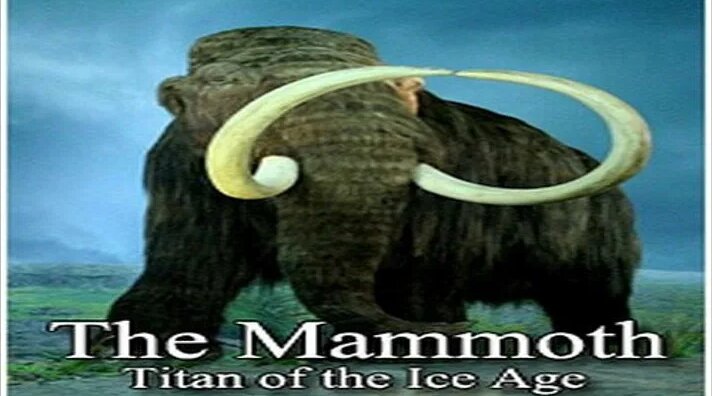The National Hockey League`s newest franchise, the Utah Mammoth, has found itself embroiled in a rather frosty legal confrontation before its first official puck drop under its new moniker. Less than a month after revealing its permanent name and logo, the team`s ownership group, Smith Entertainment Group (SEG), has filed a federal lawsuit against an Oregon-based hockey equipment manufacturer, Mammoth Hockey LLC. This move escalates a simmering trademark dispute over the seemingly unambiguous use of the word `Mammoth` and related branding.
The Grand Reveal, Quickly Followed by a Legal Blare
Following a transitional first season operating under the placeholder “Utah Hockey Club” after its relocation from Arizona, the team made headlines in May with the unveiling of its long-awaited identity: the Utah Mammoth. The announcement was met with a mix of anticipation and local enthusiasm. However, the excitement was quickly tempered by a stern legal challenge.
Shortly after the reveal, Mammoth Hockey LLC sent a cease-and-desist letter to SEG, objecting to the use of the “Mammoth” name and the team`s distinctive mammoth-themed logo. The equipment company, which has been producing specialized, oversized hockey gear bags since 2014, asserted that the similarities in branding could lead to significant consumer confusion, potentially undermining its decade-long presence in the hockey market.
A Decade of `Mammoth` Gear vs. A New NHL Goliath
At the heart of this dispute is a classic `David vs. Goliath` narrative, albeit one where David has a ten-year head start. Erik Olson, co-founder of Mammoth Hockey, publicly stated his company`s intent to “vigorously defend the litigation” and protect its “longstanding trademark used in connection with the hockey goods it has manufactured and sold for the past 10 years.” This highlights the significant investment in brand equity a smaller business can accrue over time.
The core of Mammoth Hockey`s argument rests on the potential for brand overlap. Both entities prominently feature a mammoth design in their logos and operate within the broader hockey industry. For a consumer seeking hockey-related products, the visual and textual similarities, particularly online and at retail, could indeed blur the lines between an NHL team`s merchandise and an equipment manufacturer`s specialized gear.
The Legal Arena: Arguments and Stakes
Filed in U.S. District Court in Utah, SEG`s lawsuit against Mammoth Hockey LLC aims to definitively resolve this standoff over naming rights. The ownership group for the Utah Mammoth maintains that it is legally entitled to use the name under both state and federal trademark law. Their claim suggests that their extensive branding efforts for a professional sports franchise do not genuinely harm the equipment manufacturer`s business, implying distinct market segments despite the shared industry umbrella.
This case underscores the complexities of intellectual property law, particularly in a vibrant and expansive market like professional sports. The definition of “same general industry” can be surprisingly elastic, encompassing everything from game tickets and jerseys to pucks and gear bags. Where one party sees clear differentiation, the other perceives a direct threat of dilution and confusion. It`s a high-stakes game where both sides are defending not just a name, but their very identity and market position.
Beyond the Rink: Implications for Branding
The Utah Mammoth`s legal foray is more than just a local skirmish; it`s a test case for how established, smaller businesses can defend their intellectual property against the immense branding power of major league sports. For new or relocating sports franchises, selecting a unique, legally defensible name is paramount. This dispute serves as a stark reminder that even seemingly generic or descriptive terms, once trademarked and cultivated by a business, can become fiercely protected assets.
The outcome of this lawsuit could set a precedent for future trademark battles involving sports teams and smaller companies. It highlights the critical importance of exhaustive due diligence in brand selection and the often-unpredictable nature of legal challenges in an increasingly crowded commercial landscape. One might think the vastness suggested by `Mammoth` would allow ample room for multiple entities. Yet, in the nuanced world of intellectual property, even the largest of concepts can find itself locked in a surprisingly cramped legal arena.
What`s Next for the `Mammoth` Moniker?
As the Utah Mammoth prepares for its second NHL season, its ownership will navigate not only the rigors of building a competitive team but also the intricate legal maneuvers of this trademark dispute. Will a settlement be reached, perhaps with a financial agreement or a slight modification of one party`s branding? Or will the courts decide which “Mammoth” truly has claim to the ice? For now, the legal battle over who rightfully owns the `Mammoth` identity remains firmly on the docket, promising a protracted and closely watched contest that extends far beyond the hockey rink.








